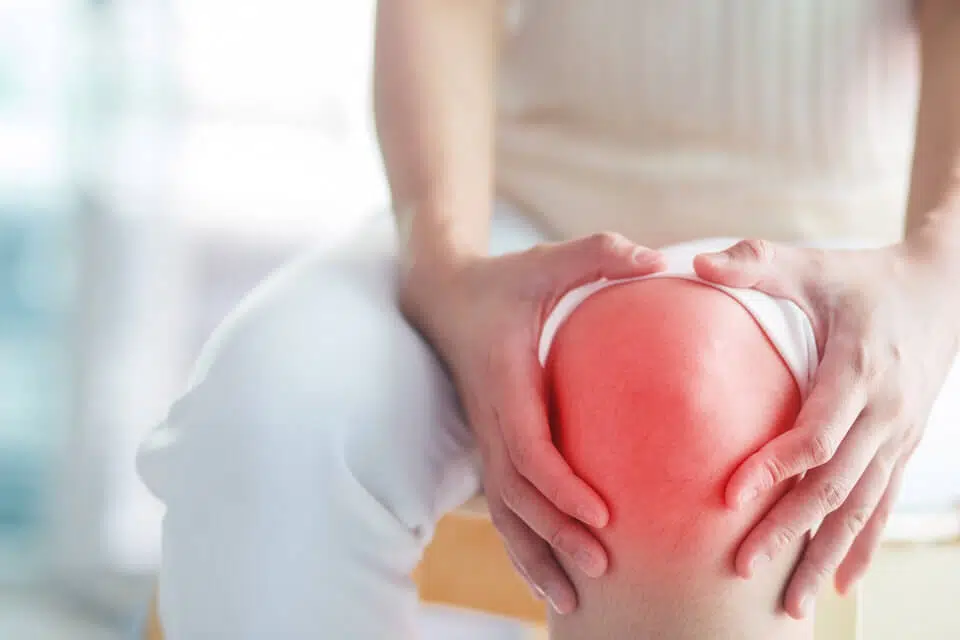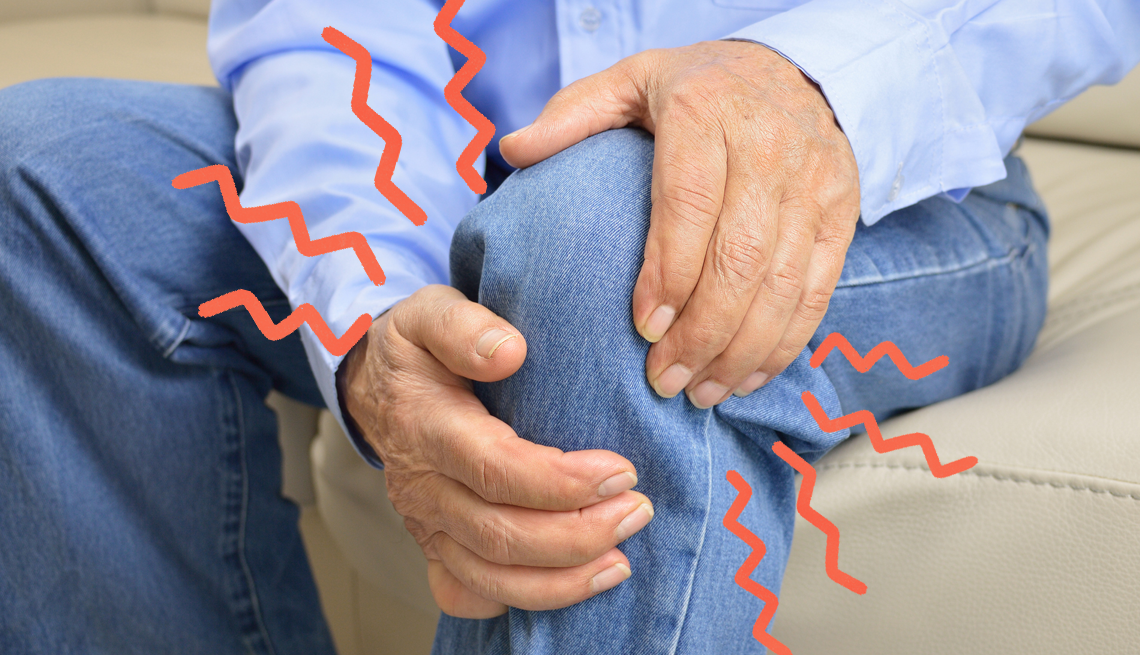If you’ve recently received a hyaluronic acid (HA) injection for your knee pain and found that your pain has worsened, you’re not alone.
Why is your knee pain worse after a gel injection?
While HA injections are designed to alleviate knee pain by acting as a lubricant and cushioning agent, some patients experience increased discomfort post-injection. Understanding why this happens and exploring alternative treatments can help you find a more effective solution for your knee pain.
How Hyaluronic Acid Injections Work
Hyaluronic acid injections, or viscosupplementation, are commonly used to treat knee osteoarthritis. These injections aim to supplement the natural synovial fluid in your knee, which helps to lubricate and cushion the joint. Typically, you’ll receive three to five shots spaced one week apart over three to five weeks. The goal is to restore the thickness of the joint fluid, allowing better joint lubrication, potentially reducing pain, and improving mobility.
The theory behind HA injections is that they help temporarily restore the viscosity of the joint fluid, thus providing better lubrication and cushioning to the knee joint. This can lead to reduced pain and improved joint function. However, the efficacy of HA injections varies, and not all patients experience the same level of relief.
Potential Side Effects of HA Injections
While HA injections can be beneficial, they also come with potential side effects. Common side effects include localized pain, swelling, and effusion (fluid accumulation) in the knee joint. In some cases, patients may experience more severe side effects, such as the development of Baker’s cysts, which are fluid-filled sacs that cause additional pain and swelling.
One of the more debilitating side effects is the development of an effusion following an HA injection. This can occur within the first 24 to 72 hours post-injection and can cause significant pain, often mimicking a septic arthropathy (a joint infection). Effusions can be caused by an immune response to the HA, leading to inflammation and increased fluid production in the joint.
Why is My Knee Pain Worse After A Gel Injection?
There are several reasons why your knee pain might worsen after receiving an HA injection:
- Immune Response: Your body might react to the HA injection by producing antibodies, leading to an immune response. This can cause inflammation and fluid buildup in the knee, resulting in pain and swelling.
- Formation of Baker’s Cysts: HA injections can increase the production of synovial fluid in your knee. In some cases, this excess fluid can lead to the formation of Baker’s cysts, which are fluid-filled sacs that can cause pain and restrict movement
- Calcium Pyrophosphate Dihydrate (CPPD) Crystals: Some patients may develop CPPD crystals in their synovial fluid following an HA injection. These crystals can cause inflammation and pain, mimicking the symptoms of a septic joint
If you’ve found that HA injections are not providing the relief you hoped for, it might be time to consider an alternative treatment like stem cell therapy.

Stem Cell Therapy for Knee Pain
Unlike HA injections, which primarily provide temporary relief, stem cell therapy targets the root cause of the problem by promoting tissue repair and reducing inflammation.
Stem cell therapy involves using stem cells, which can transform into various cell types such as bone, cartilage, and muscle cells. These stem cells are injected into the affected area to promote healing and regeneration.
Supporting Studies on Stem Cell Therapy for Knee Pain
A 2023 study published in Experimental Orthopedics concluded that based on high-level evidence studies, stem cell therapy is a safe, reliable, and effective treatment option for helping treat knee osteoarthritis.
Another 2020 study published in Medicine concluded that stem cell therapy is superior to traditional treatments in treating knee osteoarthritis. The study found that stem cell therapy considerably reduces pain, and the best part is there are no obvious side effects.
Comparing HA Injections and Stem Cell Therapy
While knee pain gel injections can provide temporary relief by lubricating the joint, they often fall short in addressing the underlying causes of knee pain. In contrast, stem cell therapy targets the root cause of the problem by promoting tissue repair and reducing inflammation.
Suppose you’ve experienced worsening knee pain after an HA injection. In that case, it’s essential to understand that this could be due to an immune response, the formation of Baker’s cysts, or the development of CPPD crystals. While HA injections can provide temporary relief, they often do not address the underlying causes of your pain.
Stem cell therapy offers a promising alternative by targeting the root cause of the problem and promoting tissue repair and regeneration. With research supporting its effectiveness in reducing pain and improving joint function, stem cell therapy could be the solution you’ve been searching for.
Contact RegeneVive Health and Wellness Today for Stem Cell Therapy for Knee Pain
If you’re ready to explore a revolutionary approach to managing and potentially eliminating your knee pain, stem cell therapy at RegeneVive Health and Wellness could be the solution you’ve been searching for. Our dedicated team is committed to providing personalized, cutting-edge treatments to help you achieve long-lasting relief and improve your quality of life.
Take the first step towards a pain-free life.
Contact us today by completing this form or calling us at 844 446 7827 to learn more about our regenerative therapies and how they can help you finally alleviate your knee pain.
About RegeneVive Health and Wellness:
RegeneVive Health and Wellness is dedicated to developing the most advanced stem cell-based technologies and providing the best regenerative medicine for people who want to enjoy a healthy and active lifestyle.
